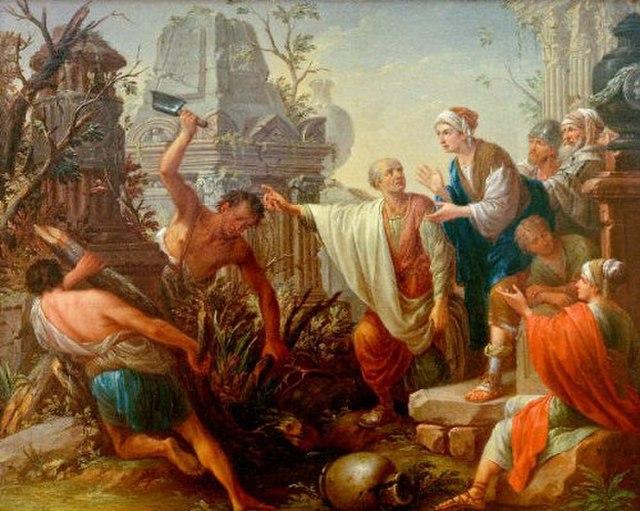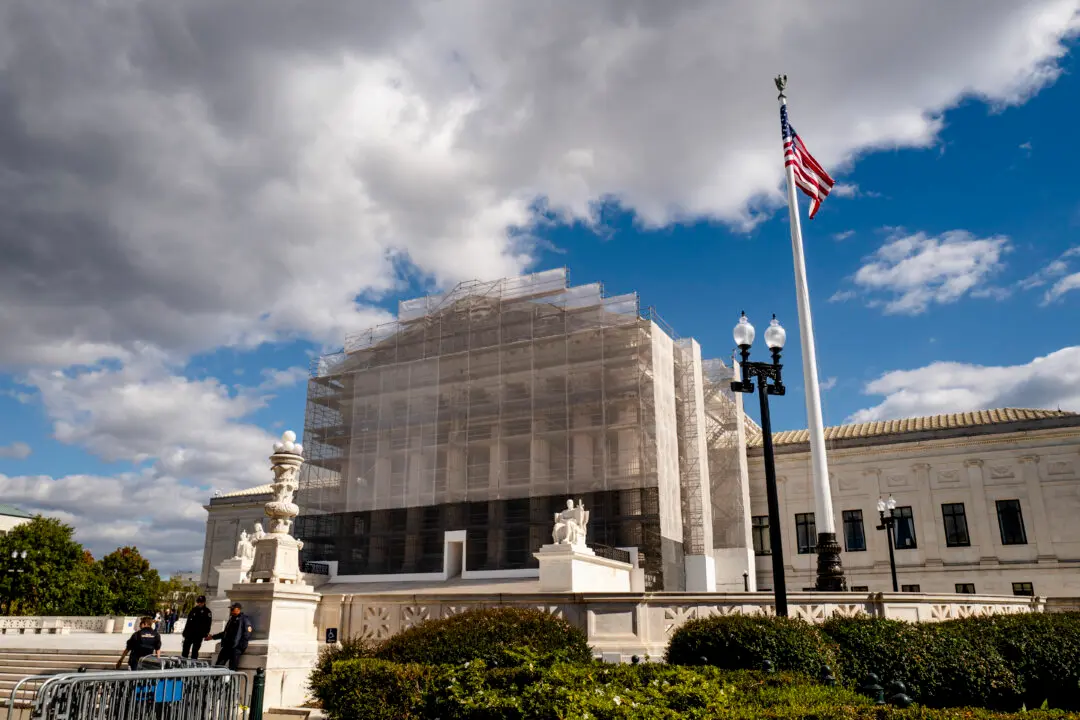Commentary
The first, second, third, fourth, fifth, and sixth essays in this series addressed the influence on the Constitution of four leading Greek thinkers. There’s one more Greek on our list, the biographer Plutarch. He lived much later, however, so to retain chronological order, we now turn to our first Roman.





